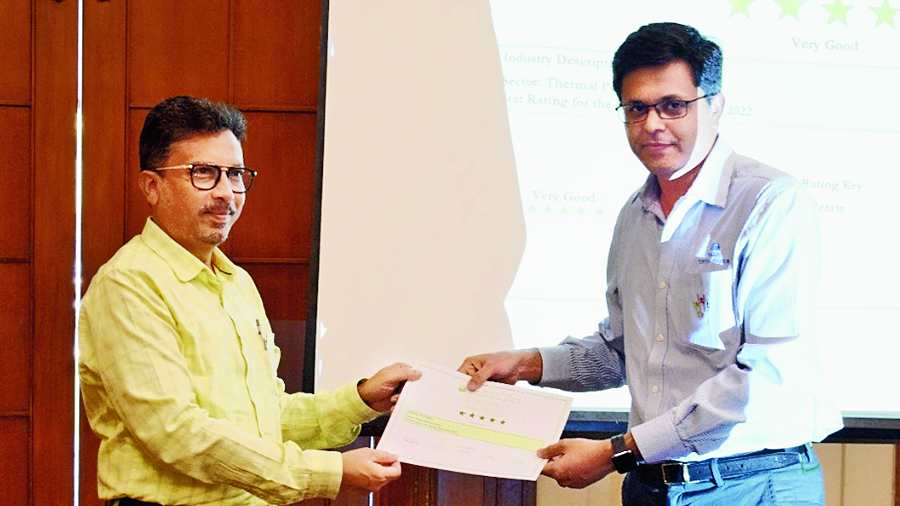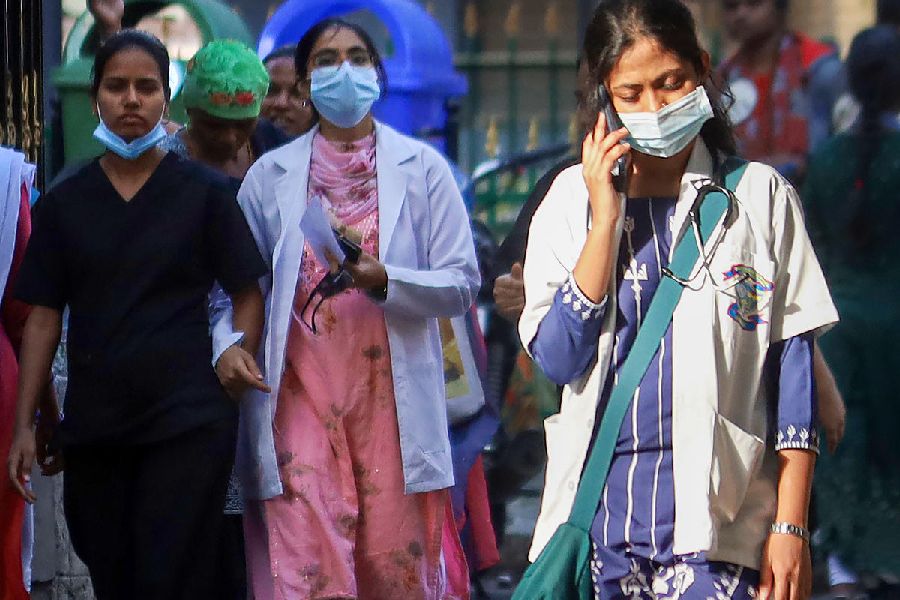Jharkhand became the third state in the country after Gujarat and Maharashtra to empower citizens with access to pollution data of industrial units.
Jharkhand State Pollution Control Board (JSPCB) launched a website on Thursday evening to publicly display the names of polluting industrial units in the state.
The website publicly discloses pollution data in a simplified manner for industries across the state.
“This data disclosure and transparency platform is part of the pioneering Jharkhand Star Rating programme that categorises industries from one star to five stars based on their PM emissions (particulate matter, also called particle pollution). It’s a mixture of solid particles and liquid droplets found in the air. Industries that are most polluting get one star and five stars are awarded to those who are least polluting as per the regulators' pollution standards,” said JSPCB member secretary Y. K. Das.
JSPCB explained on its website: “The Star Rating Program is a transparency initiative that aims to disclose information on industrial Particulate Matter (PM) in an understandable manner. The initiative aims to hold industries accountable for their PM emissions, thereby incentivizing them to introduce technologies that reduce pollution.”
Launching the Jharkhand Star Rating Program’s website www.jspcb.info, JSPCB chairman Shashikar Samanta said: “We are committed to improving the air quality in the state and serving our citizens better. The Star Rating programme, in partnership with Energy Policy Institute at the University of Chicago Trust (EPIC India) is a step in that direction. The website will ensure that citizens can find out the PM emissions of the industries in their neighbourhood.”
“This new website is a giant step that advances the JSPCB’s efforts to combat air pollution while also engaging industries, citizens, policymakers, and journalists,” said Das.
Sidhartha Vermani, executive director, EPIC India, said: “Public disclosure of emission data in the form of star-rating can help unlock public demand for clean air.”
“Over the last few years, JSPCB has taken several progressive steps to improve industrial emissions; monitoring and regulatory framework. In line with international best practices, JSPCB has made real-time emission data available on its website, forming this programme’s bedrock,” added Das.
Particulate matter is usually classified on the basis of size and accordingly, it is categorised into four groups — PM10, PM2.5, PM1 and ultra-fine particulate matter.
The hazardous particles come from several sources. From fossil fuel consumption in power plants, transport sector, to biomass burning in rural areas, garbage burning, dust from construction sites, unpaved roads, fields, to dirty doormats and curtains in homes, each and everything contributes to air pollution.
The effects of varied particulate matter can be both short term — coughing, sneezing, headache, anxiety, immunity level going down and an individual ending up catching seasonal diseases on a regular basis — and long term. It could lead to heart diseases, stroke, reduced lung capacity, lung cancer, respiratory diseases such as asthma, and bronchitis.









